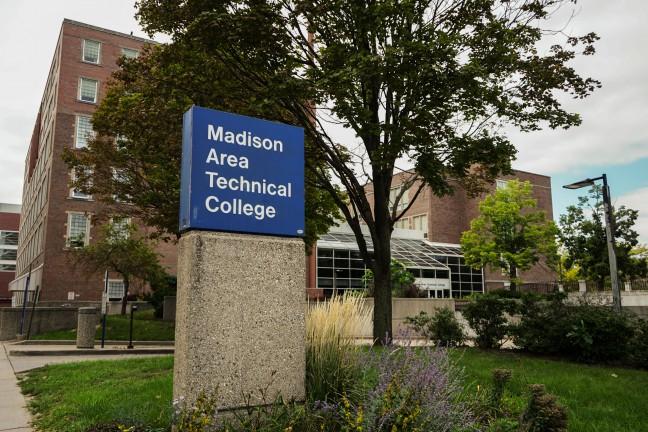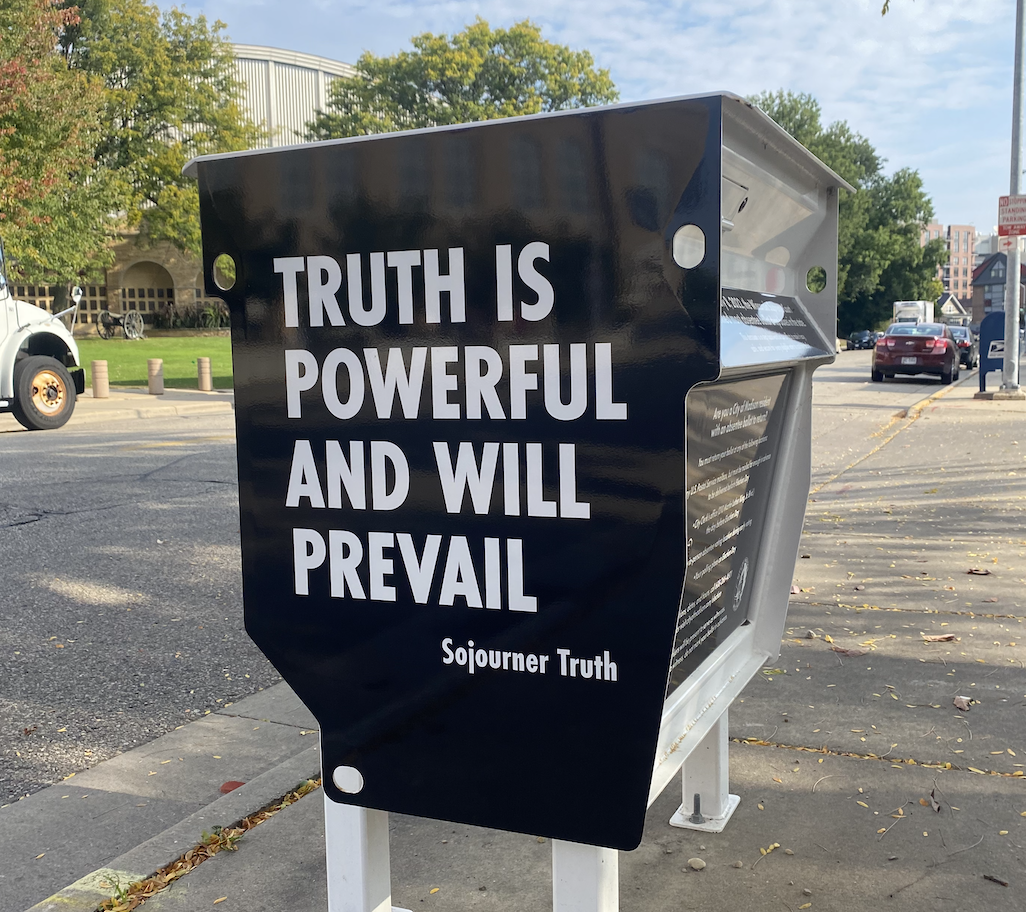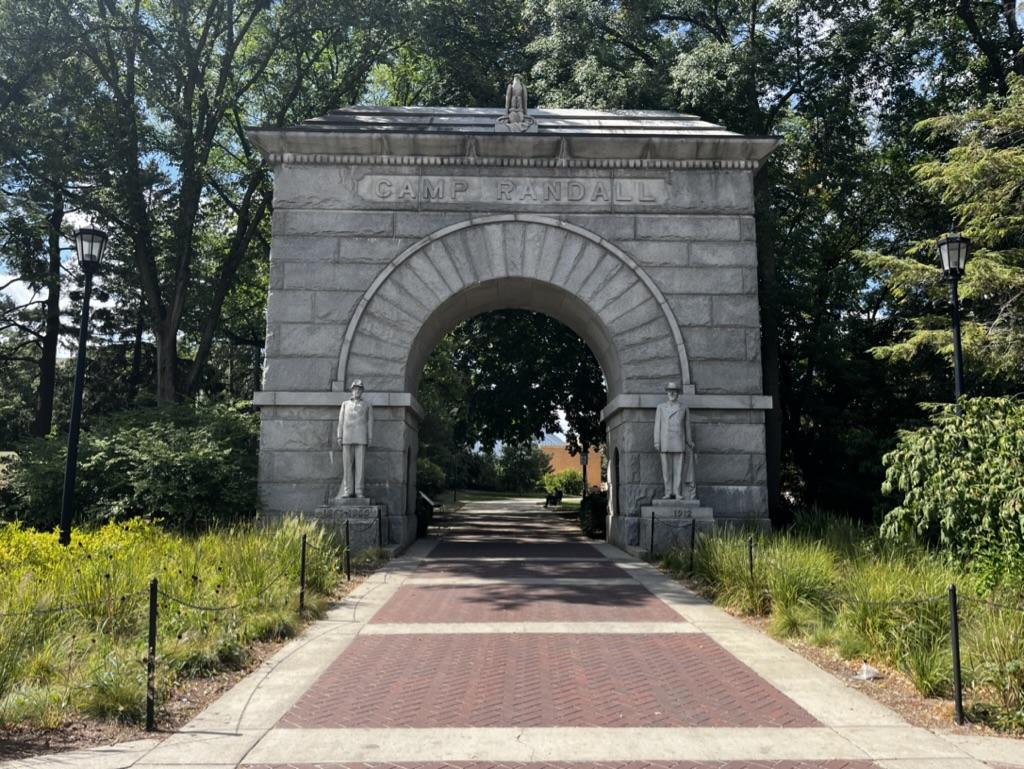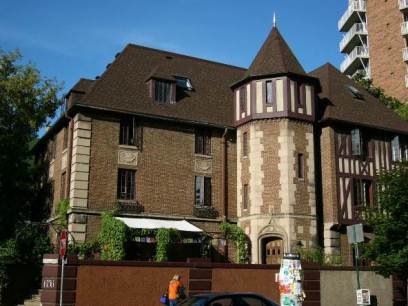Imagine accomplishing so much in your lifetime that the locales in which you paved the way for change were immortalized. Untouchable to construction or demolition, the memory of your philosophies, guiding principles and all you stood for not only stand the test of time, but serve as a constant, public reminder to passer’s by.
Instead of your life’s work meaning something to only those active enough to pursue its contents, it becomes identifiable to anyone fortuitous enough to cross paths with your monument. In essence, historical monuments and local landmarks serve two main purposes. First, they protect the established location from future alterations and secondly, serve as an educational tool and consistent reminder of the history they serve to preserve.
Rep. David Clarenbach, who served in the Wisconsin State Assembly from 1975 to 1993, alongside gay activist Leon Reuse, are widely credited as the main proprietors of the 1982 Gay Rights Bill, which established Wisconsin as the first state in the country to protect gay men and lesbians from discrimination in the workplace, housing and public accommodations. Additionally, a year later, the state legislature legalized any and all sexual relations between consenting adults, including those of same-sex partners. Logically, this 1982 landmark legislation was a historic step towards a more progressive and tolerant state. Hidden behind the bill’s eventual approval is a common story of institutionalized resistance and conservative intolerance.
Student panel explores self acceptance, changing landscape of LGBTQ+ community
During the 1982 campaign, fundamentalist Christian radio stations compiled a last-ditch effort to garner support for an eventual veto of the bill through a caustic radio ad campaign. Heroically, Madison’s LGBTQ+ community countered with an equally fierce radio campaign on progressive station WORT encouraging widespread support of the bill. In a storybook ending, the governor’s office telephone lines struggled to keep up with the hundreds of calls surrounding the controversial bill. On Feb. 25, 1982, Gov. Lee Dreyfus would sign the bill into law, signally a major victory for Wisconsin’s LGBTQ+ community.
Clarenbach, a Madison resident himself, owned a W Gilman St. property during his push to pass this monumental bill, while the house later served as an office space for local gay rights leaders. As such, the house is under consideration to be recognized as a local landmark, effectively cementing his legacy in state history.
Unfortunately, a new bill introduced to the legislative floor relatively at the last minute would immensely complicate the requirements to designate any location as a local landmark, requiring building owners to provide their consent before granting such a designation, also necessitating a consensus agreement from the surrounding community to designate the neighborhood as a historic district. As justification for the bill, the only two co-sponsors, Sen. David Craig, R-Town of Vernon, and Rep. Tyler August, R-Lake Geneva, assert the bill aims to bolster protections of private property ownership.
Court case deals with discrepancy in Wisconsin’s laws for gay parents
Now after this whirlwind of context, a troublingly clear picture arises. The bill was introduced at the last moment, suggesting its review was brief, the bill has only two sponsors, suggesting support is lacking and the justification is flimsy at best — has the designation of local landmark genuinely ever impeded a community or property owner so harshly so as to necessitate legal action against the title? It’s not unreasonable to suggest this bill’s introduction is a disguised effort to prohibit recognition of a gay rights landmark.
As further evidence, the city of Madison has spoken out in opposition to the bill, citing concerns on how any landmark can be designated if it all revolves around consent. An entire municipality’s opposition to the effort suggests that its benefits are either too minuscule to justify approval, or that the drawbacks are too substantial to ignore.
Even more concerning, Steve Brown Apartments CEO Margaret Watson is reportedly in support of the bill, after filing to move the Clarenbach house in 2013 to make way for a three new apartment complexes. Watson voiced her support of recognizing the significance of the home, saying “We support recognizing and memorializing that activity.” But if Watson cares about preserving that history, why support a bill that would make designating it a local landmark that much more difficult? The contradiction is hard to miss.
Ultimately, this tired tale of legislation which subtly undermines marginalized identities under the guise of, in this case, property rights has no place in the city of Madison. The combination of close to zero political support, adamant city disapproval and weak justification for the bill’s benefits should be enough to bury this unproductive and nearly useless bill.
Lucas Johnson ([email protected]) is a sophomore majoring in journalism and strategic communication.














